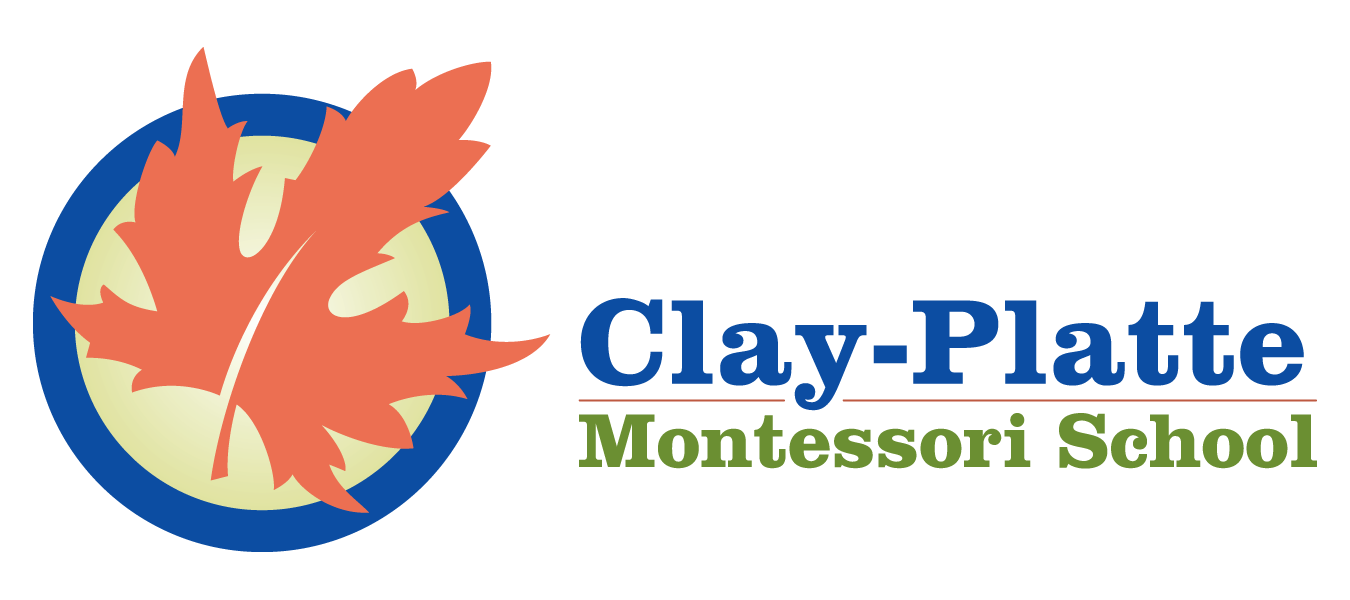How To Change The World
I read a list this morning: Things Palestinian Parents Have Said to Their Children During Raids and Bombings. When I think of the children in our care in those situations, I know we have to change the world. This is our work. Dr. Montessori said so.
What is generally meant by the word peace is the cessation of war. But this negative concept is not an adequate description of genuine peace. Most important, if we observe the apparent aim of a war, peace understood in this sense represents, rather, the ultimate and permanent triumph of war.
Those who want war prepare young people for war; but those who want peace have neglected young people and adolescents, for they have been unable to organize them for peace.
…The child must no longer be considered as the son of man, but rather as the creator and father of man pointing the way to a better life and bringing us light.
I will never forget the moment I understood this for the first time. She's not saying that we should teach peace through education. She's saying that children naturally understand peace and we should be following their lead.
The moments I know this is true are when I see the elementary children include the child who has been left out; seeing an older child help a younger child with cursive formation; when the children repeat a part of a story expressing gratitude for a hero whose name we do not know; five children crouched around a caterpillar at recess, protecting it as it crosses the yard. Children know the way to peace.
If we place children in a context where their innate qualities are overlooked in order for an adult to "teach" them, what hope do we have of achieving world peace?
Montessori is an excellent education. But it's so much more. It's the recognition of the spirit of the child and the adults in those children's lives soaking that up, sharing it, replicating it in their own lives.
I'll be working on a new list now–Things Children Do To Bring Peace To The World.
